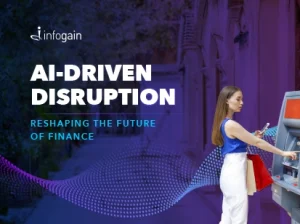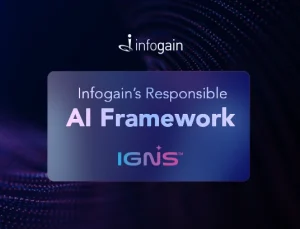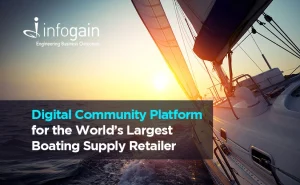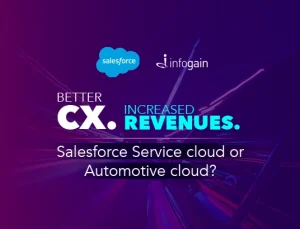- Posted on : July 22, 2016
-
- Industry : Travel and Hospitality
- Type: News

John Owens Mobile and app bookings are a fad these days and with the booming of the internet ecosystem, it has just pushed the mobile marketing beyond the traditional channels.
Introduction
The travel and hospitality industry is witnessing unprecedented changes with the emergence of digital transformation and changing guest expectations and thus the sector giants are actually getting ready for more action in the times to come. The consumer-oriented approach has stuck the chord with the players and they are willing to tap onto this resource. The understanding of the human behaviour in order to attract more customers has gained momentum. This not only ensures soaring sales but a loyal customer base.
In the era of Smartphone’s, where the mobile companies have pierced through the market at a fast swing, it becomes important for the hotel industries to be more tech savvy. Mobile and app bookings are a fad these days and with the booming of the internet ecosystem, it has just pushed the mobile marketing beyond the traditional channels. For any hotel and travel corporate house it becomes highly essential to go in line with the changing demands of the customers.
The travel and hospitality industry is growing at a fast pace and is basically a data-rich industry. It enables the industry to reap the benefits of data analytics and modern day technologies. It just needs doing away with the routine and traditional work approach and integrating some innovative and state of the art technology.
Reason for data analytics
The sector has undergone a paradigm shift in the last decade and it can well be ascribed to the rise in the digitization and an increase in the purchasing power. To further cash on this potential, the industry needs to make some strategic moves that aim at redefining the objectives and approach of the companies. The travel and hospitality sector being at its spirited best and vendors burgeoning, the demand for data analytics escalates for the obvious reasons.
With the travel season round the corner and people planning their vacations, the hospitality sector is abuzz with the exchange of information and manpower analysts are focusing on the latest customer spending patterns. Generating the data, analysing it, and further putting it to constructive use are the crust of the data analytics. This helps in forecasting the sales trend in the long run.
Although amidst all this power play, there are many challenges and roadblocks confronting the hospitality industry. The IBM centre of Applied Insights recently conducted a study and it was gathered that the Indian hospitality industry is rather dawdling when it comes to converting the statistics into the real-time solutions and applying it in a rationale manner. This still remains to be the key hurdle, especially for the hotels. The lack of a predictive modelling curbs the potential of the hotel industry and limits its use in an efficient manner
Advantages
The right use of the predictive analytics, and assist the hospitality sector and hotels, in particular, to span a smart strategy depending upon the preferences of the customers. Being a customer driven sector, the need to prioritize the customers arises and cannot be sidelined. It can help in creating a trending pattern and estimating the buying behaviour.
The personalized customer service can be improvised which in turn positively impacts the brand credibility of the company. An orderly maintenance of the customer profiles and pragmatic marketing strategies, will accentuate its market positioning.
Data analytics can further give a high to the companies by imbibing a consumer driven decision-making approach. In this era of consumerism sticking to the traditional channels of data assimilation will not work. Data analytics can be engineered to generate a proactive brand strategy.
Price stabilization can be targeted by inculcating the descriptive analysis of the historical information with a detailed and a reliable knowledge of the future. This enables the company to strike the optimum demand supply pattern.
The individual demands of the customers vary and this variation gives way to a predictive analysis of the individual buying patterns. Set on the market segmentation strategy, these techniques can cater to the individual demands and choice. The market segmentation can be done on the basis of the purchasing power parity, buying pattern, income size, and the seasonal factors. The technique follows the golden rule of allocating the right resources in the right direction.
Quoting the example of the famous Denihan Hospitality Group, a comprehensive customer analytics solution is deployed to enhance the customer satisfaction and upscale the profitability. An innovative approach determines the success of the company in the long run.
Conclusion
In the age of ‘consumers know it all’, companies have grown more conscious towards their efforts in luring the customers. The time lag between the potential customers to the end customers can be reduced to a lot of extent by deploying the data analytics in a flexible manner. Data analytics, though, is a new concept but has gained momentum in the last five years. The companies acknowledge the role of predictive data analytics in striking the nerve of the customers. The relevance of the data analytics lies in the fact that this tool can be efficiently used in maximizing the returns while at the same time ensuring brand credibility and a higher occupancy level.
There are few blue chip giants in the market such as SAS, Neubrain, IBM, and Deitto that offer all-inclusive solutions and are already sneaking into the planning charter of the hospitality big shots. The bottom line being that the hospitality sector cannot ignore the significance of the data analytics and is finding new ways to rope in the data analytics tools to reap benefits.
The author is Vice President of Travel & Hospitality vertical- Infogain






